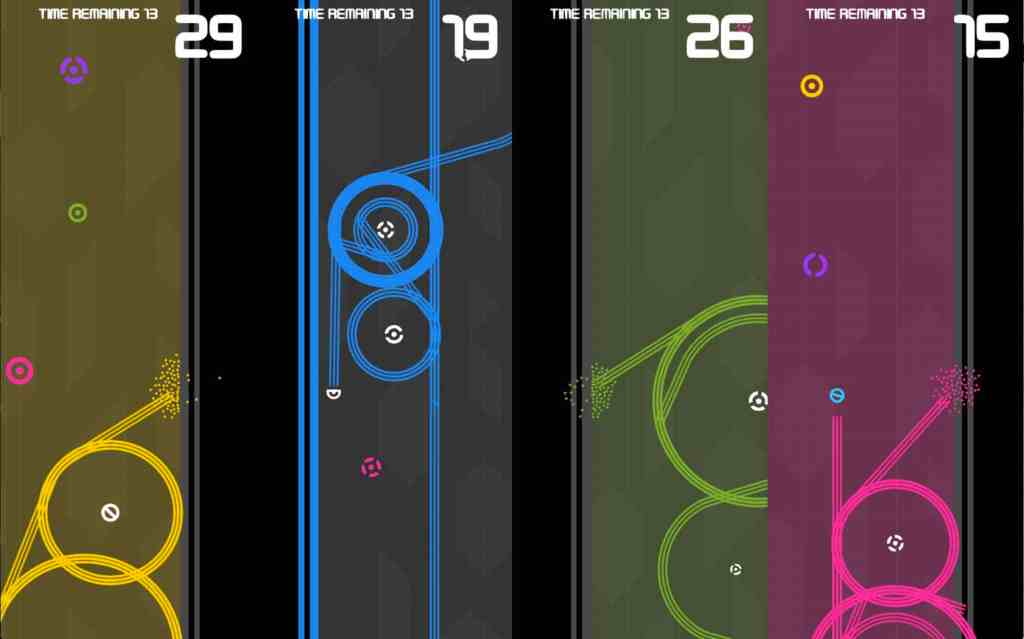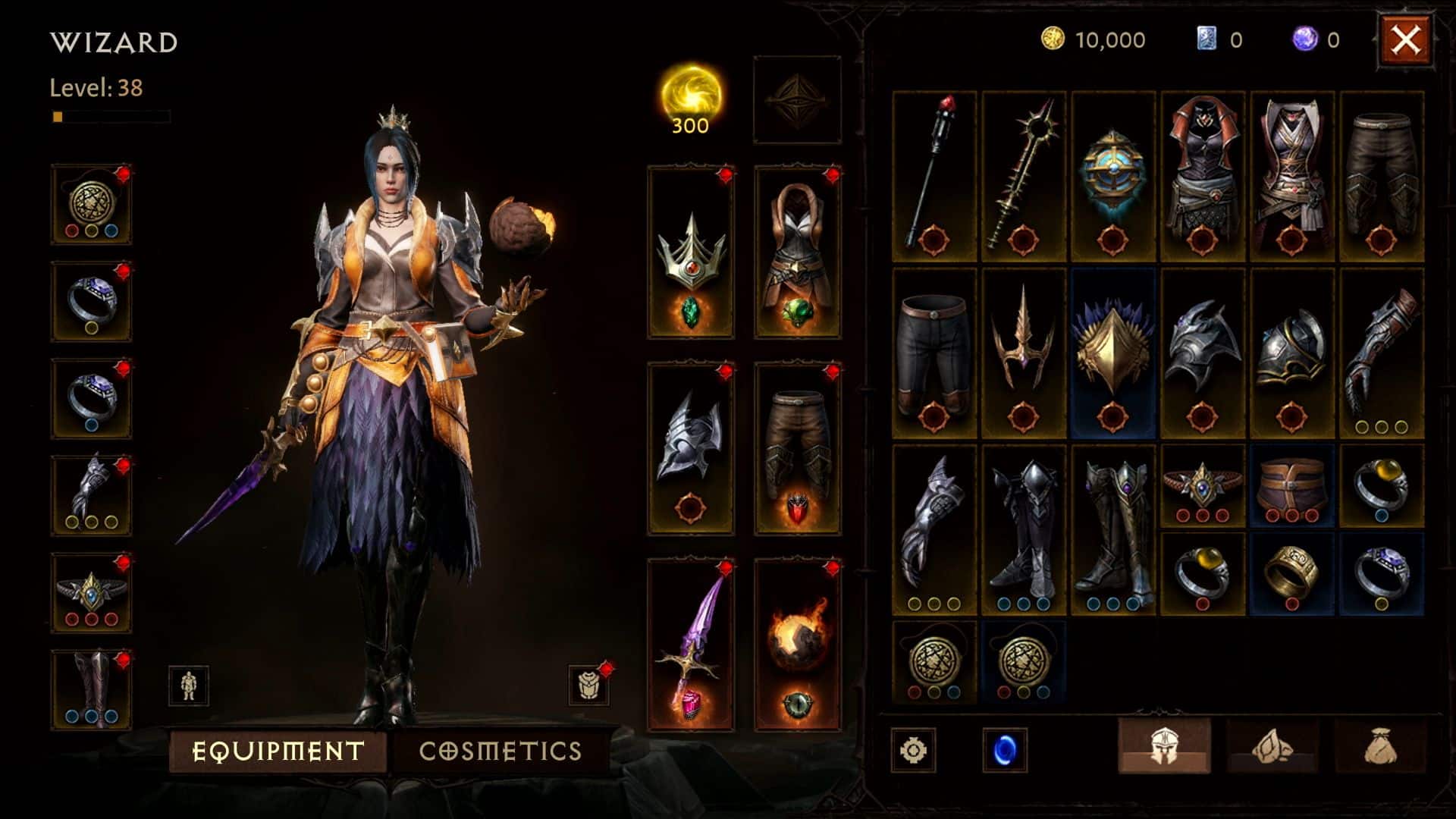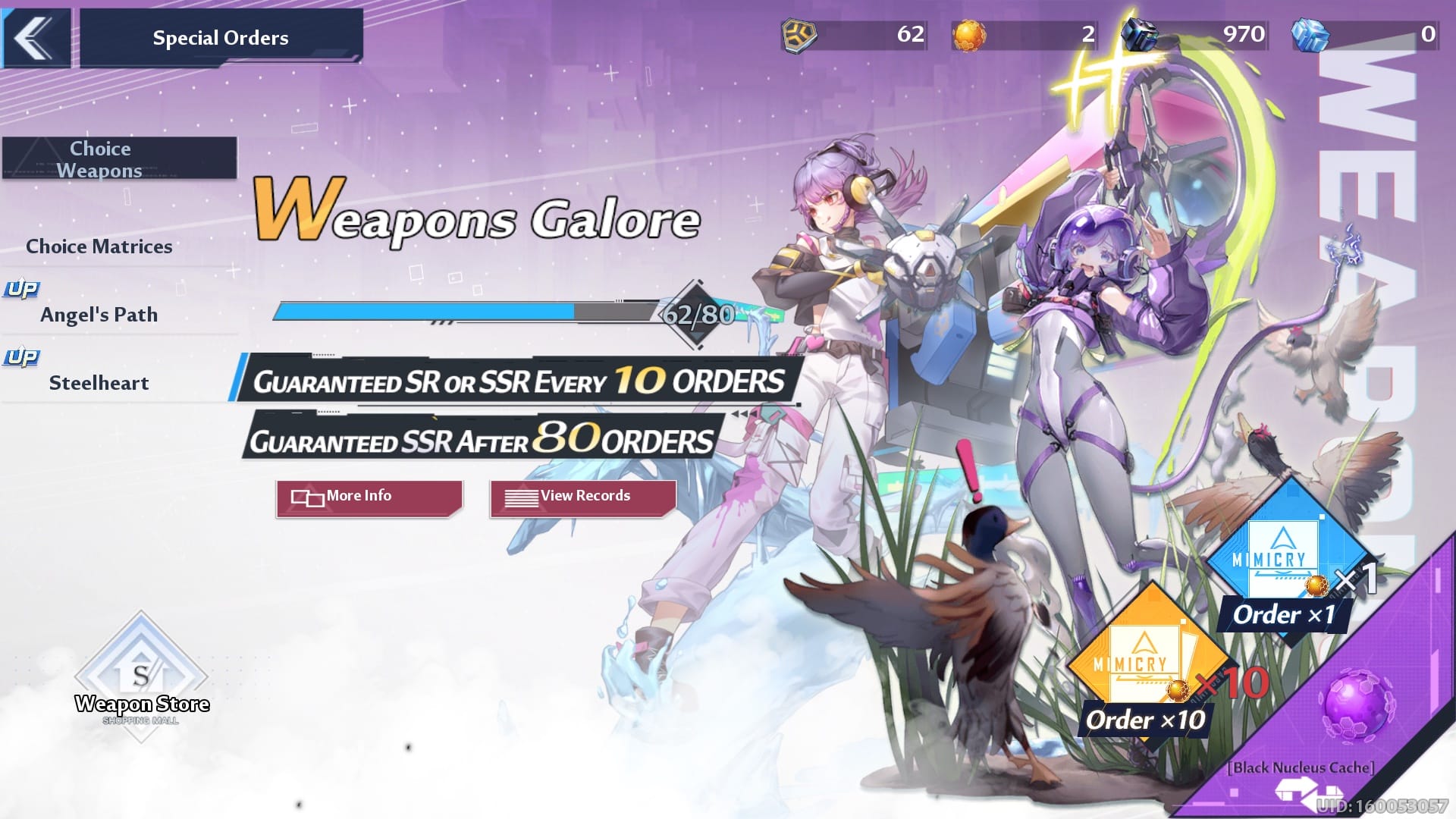Free-to-play mobile games have a murky reputation in the video game world. While the mobile games industry far outstrips PC and console gaming in revenue, a lot of the money is at the top end of town, in the success of huge games like Clash of Clans, PUBG Mobile and Genshin Impact. Not only that, big-ticket mobile titles are increasingly using exploitative mechanics to coerce players into spending more on their games.
We spoke with three mobile game developers from a mix of small and mid-size dev teams during Melbourne International Games Week 2022 to find out how they balance ethical design with financial viability.
Getting Started

Lauren Clinnick is the CEO of Lumi Interactive, developer of Kinder World, a cosy game about raising houseplants. Kinder World was designed during the pandemic to support players’ mental health and general well-being. During Games Connect Asia Pacific, the Australian game development conference, we sat down with Clinnick to talk about Lumi’s work. Despite the chaos of the conference lobby, she was calm and focused.
Clinnick explained that Lumi relied on an initial round of crowdfunding to finance Kinder World. Crowdfunding the game meant the studio didn’t have to monetise immediately, and could instead focus on keeping player interest. ‘Some games will monetise the first five days of play heavily because they don’t expect you to stick around,’ she said. ‘We want to be with our players for a really long time.’
Darcy Smith and Jessica Shipard make up small, Melbourne-based game developer, Studio Folly. They are currently developing the upcoming cute word game, Gubbins. We met at their busy booth in the PAX Aus Indie Showcase, which sported a refreshingly cosy, white-picket-fence aesthetic, complete with gingham tablecloth.

Smith was interrupted constantly as we chatted, by people wanting to gush about the game. In between punters, he discussed the difficulty of becoming successful as a small studio. He pointed out that while big players in the mobile industry can brute-force their games to profitability through advertising power and data, small games run the risk of releasing, and immediately falling through the cracks.
‘Huge investors will go “Here’s $10,000. We’ll put ads out everywhere and see how the numbers do. If they do well, then we’ll throw a million dollars, put ads everywhere, and acquire users that way”. That’s not how we want to acquire users.’
‘We want to have a bit more of a rugged indie swell,’ laughed Smith. ‘For people to hear about it from their friends, to build a community.’ Judging by the number of people at the booth, their swell is well underway.
Noting that Gubbins received funding from VicScreen, Smith also spoke effusively about the importance of arts funding to games as an art form. ‘Government entities are hugely important. They mean that small studios like us can exist, because they recognise that our contribution is more than monetary. It’s cultural, it’s interpersonal, it’s artistic… if there’s one thing that the mobile industry does not care about, it’s cultural contribution.’
Read: Victoria’s games industry continues to thrive, and other states must take note
The recent addition of mobile game subscription services like Apple Arcade and Google Play Pass have also presented another option for game developers.
The benefit of these services, according to Smith, is that they let game developers focus more on the game, and less on making money. Unfortunately, it’s not as simple as deciding to join one.
‘The problem is that they’re not something developers can just have. There’s an approval process that you need to pitch for. And you know, you’re at the whims of these corporate entities, they have their own agendas that aren’t necessarily public or clear. We don’t know if someone walked in with a kick-ass word game last week. All you really get is a yes or no, and then maybe some more insight depending on your relationship with them,’ Smith explained.
In-game monetisation
When the
In recent years, mobile gamers increasingly expect titles to be free on mobile, and premium games have been a harder sell.

Ashley Ringrose is the founder of SMG Studio, responsible for a variety of mobile and larger console and PC titles like Moving Out, Death Squared, Super One More Jump, Risk and Thumb Drift. SMG Studio also attracted initial funding from Screen Australia. SMG’s Death Squared and One More Line are both on the subscription service Google Play Pass.
We met Ringrose during the busiest period of GCAP, and wound up chatting on a bench next to a window. As soon as we sat down, he mentioned how glad he was that people are writing and thinking about the problem of ethical monetisation.
Ringrose explained that monetisation decisions often have to be made very early in the life of a mobile project, which is far from a simple process. ‘You might go into a game thinking “I want to make this really good game about robots with a deep narrative, and players play it once for four hours.” How do I monetise that? It’s tough to do that retrospectively.’
Ringrose’s preferred monetisation model is closer to a traditional shareware model, giving players a free experience, with a ‘premium pack’ purchase that lets players enhance the game. He described it as a more ethical model, one that simplifies decision-making for developers. ‘Anytime we add a new feature, we can just put it into the premium, like we do with Risk. It adds value for the people that have already spent money with us, instead of charging them 99c extra for each one.’
Games with a shorter game loop, like One More Line, might lend themselves better to an ad-supported model. ‘We tune games to have short game loops. And every three or four times [through the loop], you watch an ad. That’s a much easier transaction. It’s like watching TV. You watch TV, you watch ads. You watch YouTube, you watch ads.’
Ringrose said ads let SMG avoid more ‘evil’ monetisation strategies.

‘We get that people hate ads,’ Ringrose said. ‘But the number of people that will pay to remove them is so small… there’s still that friction with the consumer wanting to get everything for free. You look at Fortnite, it’s free. And everyone just goes “Why don’t you just do what Fortnite does, and just charge for skins, your content should be free!”. It only works for Fortnite because the game is so big.’
Lumi has chosen to avoid rewarded ads for Kinder World, as Clinnick says they would be disruptive to the game’s atmosphere. ‘Previously, I’ve operated free-to-play games and people will say “This is a family-friendly game, but we just saw blood and boobs and guns [in an ad]”, and that’s really hard to prevent on the developer side. So, we’ve chosen to not have rewarded ads in Kinder World at this stage.’
Another popular option for monetisation is selling cosmetics. Kinder World, for example, sells in-game plant pots designed by external artists. ‘It’s really just pots or decorations or pets. We’re never going to get in the way of the actual wellbeing content by gating it with monetisation.’
Don’t be evil
In recent years, huge free-to-play mobile titles like Diablo Immortal and Genshin Impact have drawn ire for their complex and so-called ‘predatory’ monetisation systems.
The predatory techniques employed by these games have demonstrated their earning power with international financial success. Despite the ready availability of these techniques to studios, none of the local developers we spoke with were willing to use them in their more extreme form. Instead, they either avoided or modified these techniques for player benefit.

Multiple layers of virtual currencies, for example, are often used by free-to-play games to achieve ‘material distortion’, causing players to lose sight of the real-world value of in-game items. In extreme cases, games like Pokémon Unite may require players to convert their real money through three separate in-game currencies to make a purchase.
Ringrose explained that adding a single virtual currency in-game can have benefits for both developers and players, however. App stores may restrict real-money purchases in-game to certain pricing tiers, like 99 cents or $1.99, which can make it hard to offer in-game discounts to players.
‘With Risk we had originally priced everything to the tiers, but it made it almost impossible because we could only do 33% or 66% off. So now we’ve abstracted it to virtual coins, we can give whatever discounts we want, and reward players with virtual coins for play. Monetisation is not always evil, like “Oh, you’ve abstracted into this to trick people”. The reason we did it is to give players and us more flexibility.’
Similarly, battle passes in games have been criticised for encouraging players to spend more money on the game. This is accomplished by making players fear missing out on items that are only available on a premium version of the pass. SMG employ this technique, but only by offering a free battle pass. This lets the studio retain what is good about battle passes – i.e. the ability to reward players for playing – without exploiting them.
Randomisation mechanics, such as gacha or loot boxes, were completely off the table for SMG.
‘Some games are like, alright, you want to buy the red dice? You can buy a chance to get it. And that sucks,’ Ringrose said. ‘I want the red dice. Don’t make me buy the green and yellow. I think that’s evil. Those games are tuned to make you spend more and more.’

‘[Mobile monetisation] is a dark art. To be good at it, you have to spend 70% of your time doing that and 30% on the actual game. That’s not for us. We’d rather spend 90% on the game. We’ve got a cool game, and we want it to be played.’
Smith also expressed frustration with exploitative systems in mobile games. ‘A lot of so-called games are barely even games. In extreme circumstances, something that’s called a game is more like software that trains you to spend money. And it can be hard for regular people who don’t have the industry understanding to differentiate between a game that’s designed with love, that’s meant to make you feel fun and to celebrate, and a game that is carefully crafted to make you open your wallet.’
To free or not to free
Ultimately, says Smith, it’s hard to know where the ethical line is in free-to-play monetisation. Studio Folly have made the tough decision to avoid the question entirely and make their game a premium title, despite the risk to their bottom line.

‘I don’t like the idea of coaxing a huge amount of money out of very few players. I like the concept of someone going to the store and saying “Hello, one video game, please”. And you hand them a video game.’
Smith fell silent after this statement, and stared at the crowds of people milling in and around the indie booths.
‘The problem is that we need a large number of users to really have that. But it’s very encouraging how much people are playing Gubbins, and telling their friends to come over, and coming back a second time to play it again.’
This article was commissioned by GamesHub and Creative Victoria as part of Wordplay, a games writing mentorship program held during Melbourne International Games Week 2022. Read more from the cohort:





